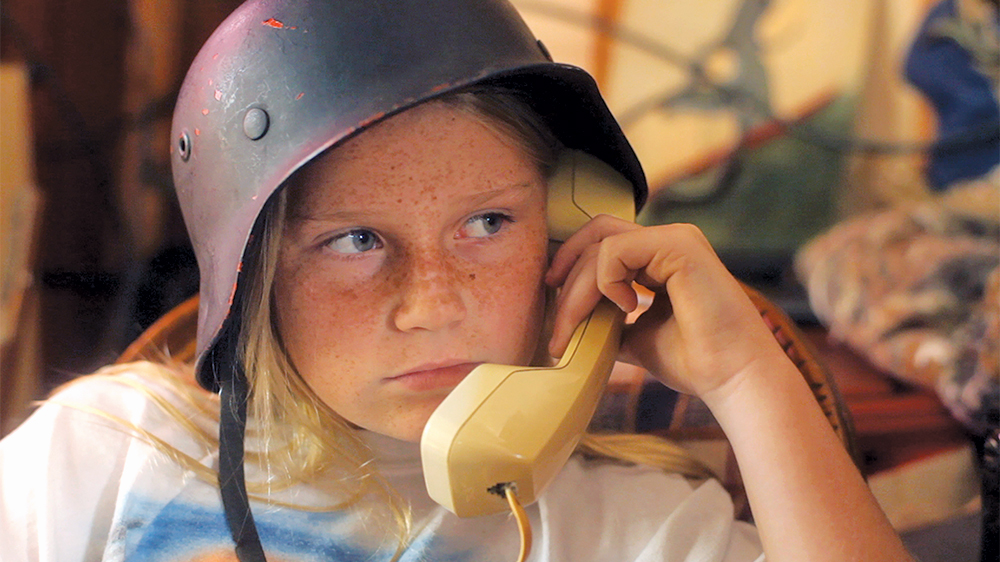Karlovy Vary Fest Salutes Richard Linklater’s Legacy With Texas Showcase
By Peter Debruge
LOS ANGELES (Variety.com) – A few years before shooting his first feature, “It’s Impossible to Learn to Plow by Reading Books,” Richard Linklater — “Rick” to his fellow Texans — established a nonprofit organization, the Austin Film Society, to help him screen celluloid prints of movies that wouldn’t otherwise come to town — classics by the likes of Yasujirō Ozu, John Ford and Rainer Werner Fassbinder.
The year was 1985, and cinephilia was on the wane in the Texas capital. (In the ’70s, film culture was such that movies were screening every night on the U. of Texas at Austin campus. Then home video arrived and celluloid culture went away.) But Linklater was itching to make movies — and not the kind that were playing at the local multiplex — and that meant tracking down and watching auteur films for inspiration. And so the AFS was born.
Flash forward three decades, and the AFS now owns and operates its own cinema. It also manages the soundstages at Austin Studios (repurposed airplane hangars on 20 acres of land at the old, abandoned Mueller Airport), coordinates after-school and summer media classes for kids, and provides grants to support Texas-based artists “whose work shows promise, skill, and creativity,” whether that means providing help at the script stage, in post, or pitching for them to attend far-flung festivals where their films are shown.
Back in 1985, however, hardly anyone thought films could be made in Texas. Linklater proved them wrong by shooting 1988’s “Impossible” for a mere $3,000. “Slacker” set him back a relatively extravagant $23,000. Having gotten his start on such DIY-scale budgets, Linklater can appreciate how much even a couple of hundred dollars means to struggling filmmakers — and that inspired him to create the AFS Grant system, a program that has awarded more than $1.77 million in cash (plus $332,000 in goods and services) to nearly 500 projects.
In the ’90s, with most American film and TV production taking place in New York and L.A., there was talk that Texas could be a kind of “third coast.” The state’s rise as a filmmaking hub can be traced to decisions made by two of its godfathers: After making “Slacker,” instead of moving to California (as the studio wanted), Linklater insisted on shooting “Dazed and Confused” in Austin; and a few years after moving to Los Angeles to capitalize on the heat of “El Mariachi,” Robert Rodriguez chose to return to Austin, remarking about L.A., “They don’t make movies. All they do is talk on the phone.”
Encouraged by their lead, others followed (including Mike Judge and Jeff Nichols), crews developed to support these filmmakers, and a new generation of young talent found the infrastructure to make their own films.
In a bold move, instead of honoring Linklater personally, the Karlovy Vary Intl. Film Festival has opted to host a Made in Texas showcase: nine features and 13 shorts demonstrating the range of movies the state has produced over the past 40 years, including several that pre-date the AFS but inspired Linklater and others, such as Eagle Pennell’s 1983 indie “Last Night at the Alamo.” It’s the kind of stand — let’s call it a “Lone Star statement” — that gets notice, and one that could encourage other institutions to recognize the vitality of Texas film, or else inspire the next .

